surveillance technology
Filter by...
-
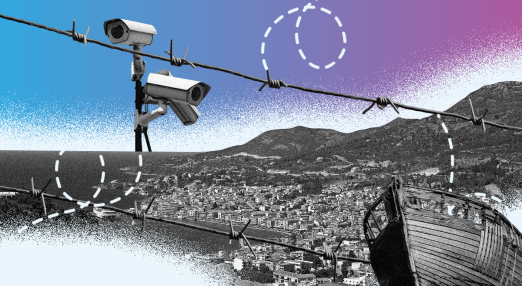
Surveilling Europe’s edges: when research legitimises border violence
In May 2024, EDRi member Access Now’s Caterina Rodelli travelled across Greece to meet with local civil society organisations supporting migrant people and monitoring human rights violations, and to see first-hand how and where surveillance technologies are deployed at Europe’s borders.
Read more
-
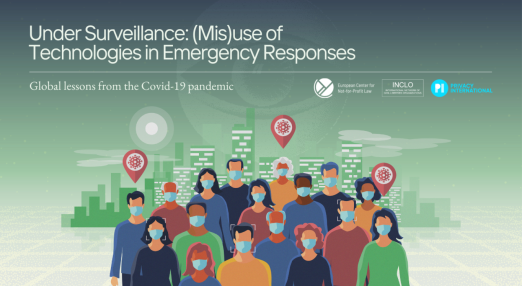
Under surveillance: (mis)use of technologies in emergency responses
In the months following the beginning of the COVID-19 pandemic, more than half the world’s countries enacted emergency measures. Within this broader context, we have seen a rapid scaling up of governments’ use of technologies to enable widespread surveillance. How has this impacted civil society groups globally?
Read more
-
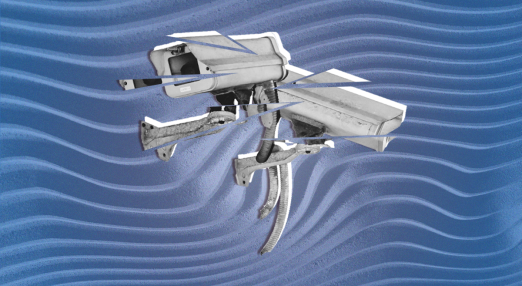
Criminal complaint against illegal export of surveillance software is making an impact: the FinFisher group of companies ceases business operations after its accounts are seized by Public Prosecutor’s Office
Following a criminal complaint filed by the Society for Civil Rights (Gesellschaft für Freiheitsrechte e.V.), Reporters without Borders (RSF), the European Center for Constitutional and Human Rights (ECCHR) and netzpolitik.org over illegal exports of surveillance software, the Munich-based corporate group FinFisher has ceased its business operations. The Public Prosecutor’s Office Munich announced that it had seized the company’s accounts, after which FinFisher GmbH and two partner companies filed for insolvency.
Read more
-

The Clearview/Ukraine partnership – How surveillance companies exploit war
Clearview announced it will offer its surveillance tech to Ukraine. It seems no human tragedy is off-limits to surveillance companies looking to sanitise their image.
Read more
-

Framing the future of the internet
The European Parliament has just voted on the Digital Services Act, crucial for internet regulation.
Read more
-
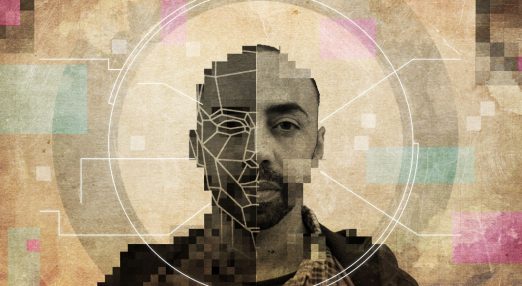
Workplace, public space: workers organising in the age of facial recognition
‘Surveillance capitalism’ is increasingly threatening workers’ collective action and the human right to public protest.
Read more
-
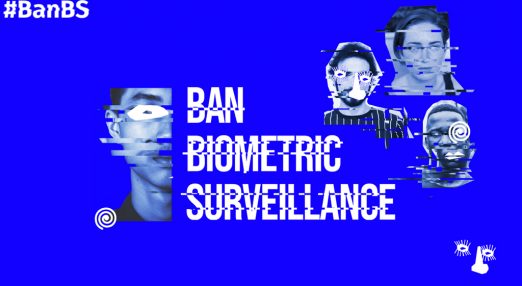
EDRi joins 178 organisations in global call to ban biometric surveillance
From protesters taking to the streets in Slovenia, to the subways of São Paulo; from so-called “smart cities” in India, to children entering French high schools; from EU border control experiments, to the racialised over-policing of people of colour in the US. In each of these examples, people around the world are increasingly and pervasively being subjected to toxic biometric surveillance. This is why EDRi has joined the global Ban Biometric Surveillance coalition, to build on our work in Europe as part of the powerful Reclaim Your Face campaign.
Read more
-
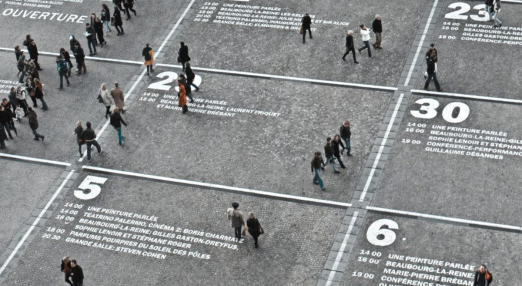
Upcoming judgment against mass surveillance in France
On Wednesday 21 April, the Conseil d'Etat (France's highest administrative court) will issue its final decision in the most important case that EDRi's observer La Quadrature du Net (LQDN) has ever brought against the intelligence services. This will be the end of six years of proceedings, dozens of briefs and countless twists and turns that have made LQDN what it is today.
Read more
-
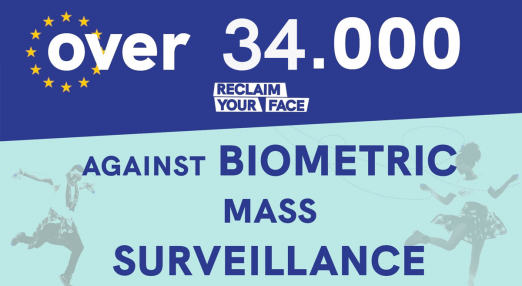
#ReclaimYourFace and help prevent the end of privacy as we know it!
Facial recognition and other biometric surveillance threatens the core of our right to privacy and data protection by surveilling and judging us. This is why across Europe, we’re calling to ban biometric mass surveillance practices. We’re counting on EU citizens to sign our ECI petition, and on everyone to spread the word and make sure that European governments cannot ignore our demand.
Read more
-

Digital rights for all
In this article we set out the background to EDRis’ work on anti-discrimination in the digital age. Here we take the first step to explore anti-discrimination as a digital rights issue, and then, what can EDRi do about it? The project is motivated by the need to recognise how oppression, discrimination and inequality impact the enjoyment of digital rights, and to live up to our commitment to uphold the digital rights of all.
Read more
-
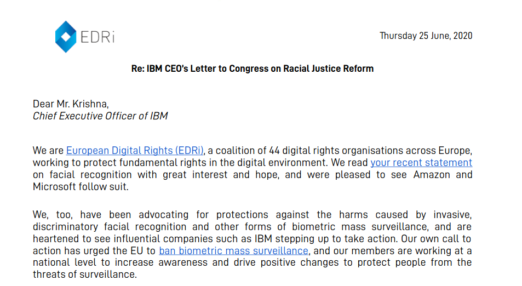
Open Letter: EDRi calls on IBM to clarify stance on facial recognition
On 25 June, EDRi sent an open letter to the CEO of IBM in response to their 8 June statement on racial equality and facial recognition in the US.
Read more
-
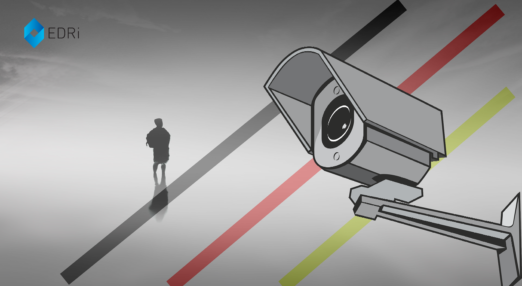
German Constitutional Court stops mass surveillance abroad
The German Federal Intelligence Service (BND) has so far been able to spy on foreign citizens abroad en masse and without cause—even on sensitive groups such as journalists.
Read more
